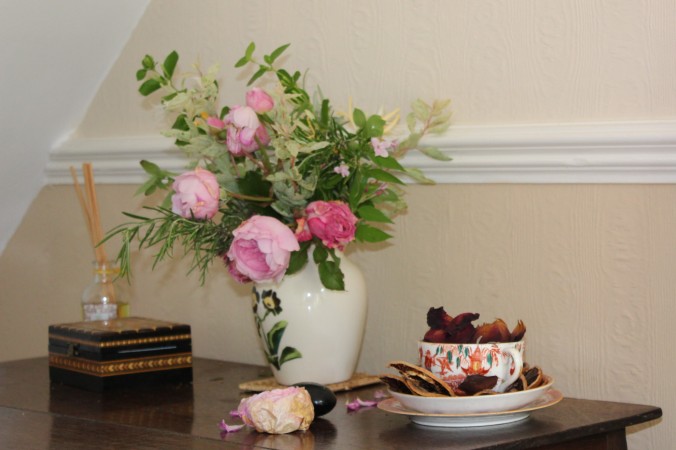
Photographer unknown
This is one of those strange poems that seemed to emerge from somewhere unexpected, unknown. I had been thinking about the way it’s so hard to look at things without getting in the way, and changing them in the looking. How when we look at things our own shadow falls on them, and they are different as a result. This poem came, in the mysterious way they sometimes do.
It starts where I intended to start, with how we see, but then it seems to have its own ideas about where to go next. We move on to light and water, a move which surprised me as I was writing it, but decided to go with it and see what happened. Always best to do that, I find….and then, we were soon hauling up life-giving water from dark and unexpected places, finding coolness and goodness and satisfaction that quenches our thirsts, even when we least expect it.
Sometimes, we don’t need to understand. Sometimes, we need to cast a bucket into the deep.
You can listen to the poem here
The Well
You look down, and notice the darkness,
what seems like a deep emptiness.
And perhaps, at first, that is all you see.
Look harder. There is a faint flash
of sky, reflected, glimmering darkly
as your shadow falls across it.
If you could stand back a little,
stand back and let your shadow
fall elsewhere, for a while,
you would notice how the sun
is alive in the darkness. Bouncing
and scattering brightness over moss
that covers the wall of the well,
living for such moments of light.
Yes, it seems dark to you,
and indeed, dark it is, but why not
cast down a bucket anyway?
Keeping hold of the rope as it
grows slack and weightless in
the depth of the fall.
It will splash, and bob awhile, and slip
heavily under the water you do not see,
and you will feel the tension in the rope changing.
Haul up the bucket, slopping and dripping
and running over those green plants,
and drink deep of the cool, clear water,
shining at last in the bright midday light.
And you will find that you carry the
sweet taste of that water with you,
like honey on your tongue, your lips.
It could last your whole life. Be
your whole life. Drink now. Drink again.
It was only after writing the poem that I realised I was drawing on the imagery of this story, of water and wells and thirst and shadows., a snippet of which follows:
From The Bible Story Retold
You can listen to the story here
It was hot when the woman went to get water from the well, near her home town of Sychar in Samaria. As she drew near, she saw a Jewish man sitting there, in the shade. She hesitated a moment, nervous of this stranger. For the Jews and Samaritans had been enemies for centuries, since the time of the exile. “But,” she thought, “I must have water,” and she carried on walking to the well.
The man was Jesus. He had left Jerusalem and was making his way back to Galilee. His disciples were buying food, leaving him to rest from the burning sun. He looked up at the woman.
“Will you give me a drink?” he asked, with a thirsty smile. Jews and Samaritans never ate or drank together: it was against all the laws and customs.
“You, a Jew, are asking me, a Samaritan for a drink?” She was so startled she nearly dropped her water jug.
“If you knew who I was, you’d ask me, and I would give you real, life-giving water!”
“How can you get water? You have nothing to hold it in!”
“If you drink from the well, you’ll be thirsty again. If you drink the water I offer, it will become like a clear spring within you, bubbling over with eternal life!”
“Sir, I would like that water!” she replied.


















